MercoPress. South Atlantic News Agency
Agriculture
-
Saturday, June 3rd 2023 - 12:00 UTC
Falklands farmers face tough times unable to have a fluid sale of their wool clip
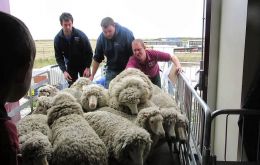
Lawmaker Gavin Short rose at the Falkland Islands elected Legislative Assembly this week and asked MLA Teslyn Barkman if she was “aware of any farms that have been unable to sell their wool clip either fully or partially this season.”
-
Friday, June 2nd 2023 - 10:42 UTC
US Cattle farmers strongly oppose the import of Paraguayan beef

The U.S. Cattlemen’s Association has expressed strong opposition to a proposal by the U.S. Department of Agriculture’s Animal and Plant Health Inspection Service (USDA APHIS) to allow the importation of fresh (chilled or frozen) beef from Mercosur member, Paraguay.
-
Wednesday, May 31st 2023 - 11:27 UTC
Magallanes Region to the rescue of farmers given the persistent drought
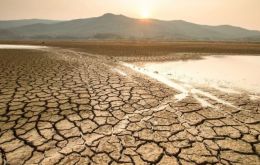
Systems to collect and accumulate water, plus troughs, were some of the implements that were distributed among farmers in the Magallanes Region, extreme south of Chile, to combat the hydric scarcity which affects the whole region.
-
Wednesday, May 31st 2023 - 10:31 UTC
Brazilian banks will deny credit to meatpackers that buy cattle from deforested areas

International measures on illegal deforestation are beginning to put pressure on Brazil, where banks have agreed to deny credit to meat packers that purchase cattle from such areas, according to the Brazilian Federation of Banks (Febraban).
-
Tuesday, May 30th 2023 - 10:24 UTC
Uruguayan Senator against synthetic meat
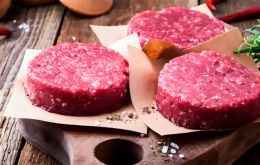
Uruguayan Senator Sebastián Da Silva (National Party) will push for the banning of the manufacture and import of artificial or laboratory meat because “Uruguay, as a cattle-raising country, has to be a pioneer in the fight against this type of laboratory protein, artificial, and must defend the real natural food,” it was reported in Montevideo.
-
Saturday, May 27th 2023 - 08:00 UTC
UK and Brazil sign launching of the Partnership for Green and Inclusive Growth

Brazil and UK signed this week a Joint Declaration launching the Partnership on Green and Inclusive Growth on the occasion of the official visit to Brazil of the Secretary of State for Foreign, Commonwealth, and Development Affairs of the United Kingdom of Great Britain and Northern Ireland, Mr James Cleverly.
-
Thursday, May 25th 2023 - 10:06 UTC
Brazil expects a record second crop of corn, some 102,4 million tons
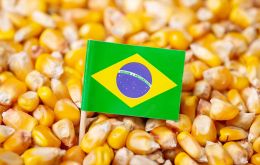
As the harvest of soybeans has taken longer, the pace of corn planting in Paraná, the second largest corn producer in Brazil has been the slowest in history. The higher-than-expected productivity in some areas of Brazil’s second corn crop (also known as “safrinha“) is expected to more than compensate for the planting delay and ensure record numbers in 2022/23.
-
Wednesday, May 24th 2023 - 10:08 UTC
Brazil declares bird flu emergency
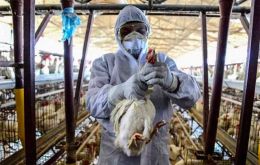
Brazilian authorities have decreed a nationwide animal health emergency, it was published Tuesday in an extra issue of the Diário Oficial da União (Official Gazette), Agencia Brasil reported. Agriculture and Livestock Minister Carlos Favaro signed the ordinance dated May 22 which will be effective for the next 180 days.
-
Friday, May 19th 2023 - 09:00 UTC
Brazilian meatpackers in US facing rough times because of less cattle and inflation
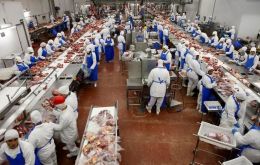
Brazilian meatpackers have seen their balance sheet profits drop significantly during the first quarter of the year given the negative performance of sales in the United States. Losses have been considered more serious than those caused by the nearly month long suspension of Brazilian beef sales to China, the country's other main market.
-
Thursday, May 18th 2023 - 14:03 UTC
Turkey brokers a two month extension of the Black Sea grain shipments benefitting Ukraine exports
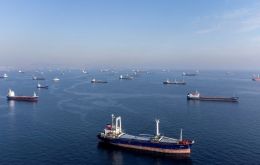
Turkey's President Recep Tayyip Erdogan announced on Wednesday that a two-month extension of the UN-back grain deal, allowing shipments of grain from Ukraine to the global market, had been reached.